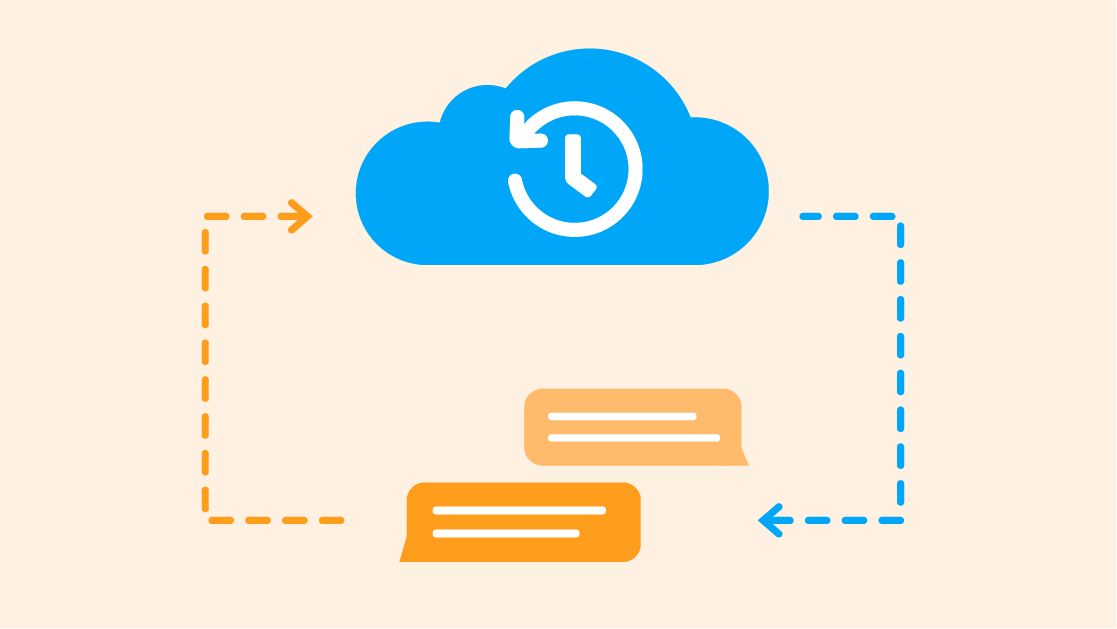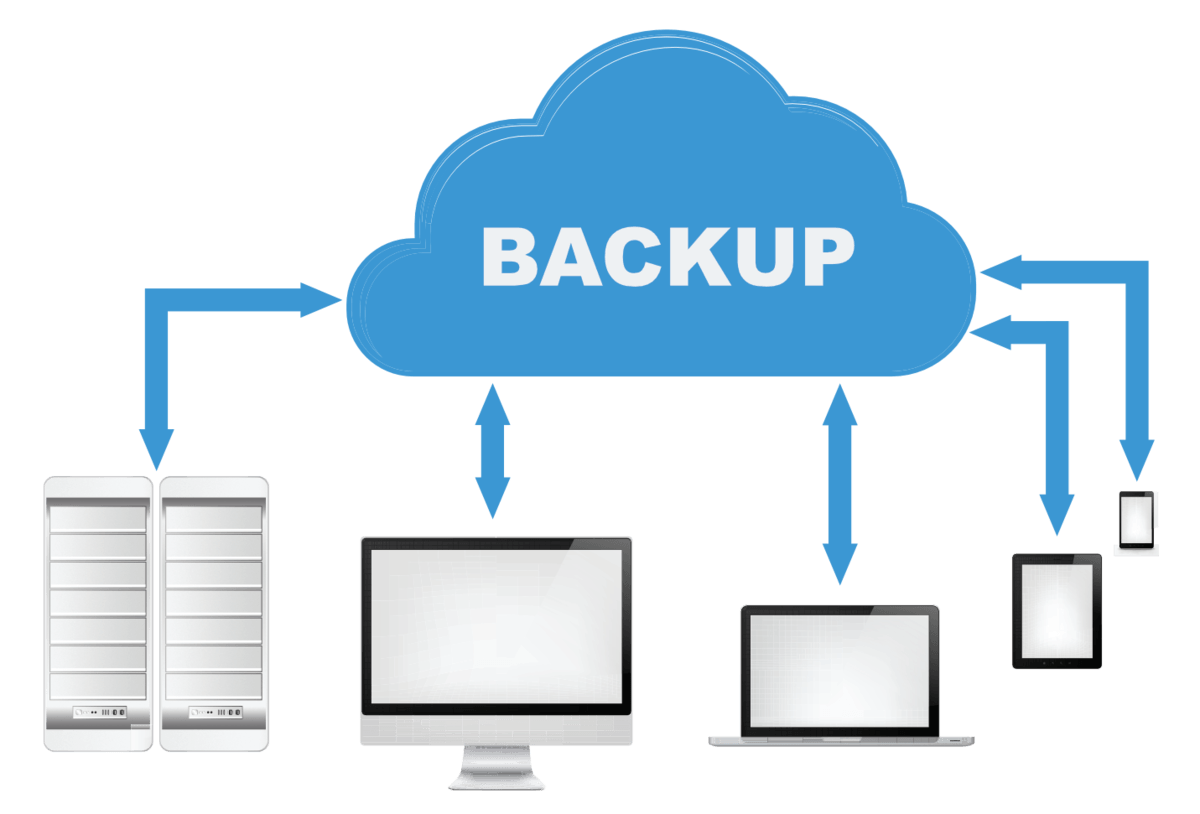Next-gen Windows Home Server Backup Service Solutions
Data has become essential to businesses in today's digital age. Losing any of this crucial information, including customer, financial, and operational data, can have dire repercussions. Small businesses require a dependable and secure backup solution that can effectively protect their data because of this. Small businesses can benefit greatly from cloud-based backup because it offers flexibility, scalability, and comfort.
- Understanding Cloud-based Backup
- Advantages of Cloud-based Backup for Small Businesses
- Cloud-based Backup Solutions ' Security Features
- Selecting the best Cloud-based Backup Service
- How to set up Cloud-based Backup for Your small business
- Automated Backup vs. Manual Backup: Which is Better?
- Using cloud-based backup to reduce downtime
- Using cloud-based backup to ensure data compliance
- Data access and recovery from a cloud-based backup
- Disaster recovery planning with cloud-based backup
- Comparing cloud-based backup to on-premise backup solutions
- Scalability and Cost-effectiveness of Cloud-based Backup
- Getting Past Common Obstacles in Cloud-based Backup Implementation
Recognizing Cloud-based Backup
The process of storing data on remote servers accessed via the internet is known as cloud-based backup. Businesses can securely store and access their data whenever and wherever they want, as opposed to relying on physical backup devices like hard drives or tapes. The possibility of hardware failure, theft, or loss is eliminated as a result.
Robust Online Backup Linux For Experts

Advantages of Cloud-based Backup for Small Businesses
For small businesses, cloud-based backup offers a number of benefits. It offers automatic backups, guaranteeing ongoing data protection without the need for manual intervention. Additionally, cloud-based backup enables simple scalability, allowing you to expand your storage capacity as your company expands. Additionally, it lowers the price of hardware upgrade and maintenance.
Features of cloud-based backup solutions' security (Smb Cloud Backup)
To protect your data, dependable cloud-based backup solutions provide strong security features. To make sure that only authorized people can access it, these include encryption both in transit and at rest. Multi-factor authentication and other advanced authentication techniques add an additional layer of security. To ensure the integrity of the data, routine audits and compliance certifications are also required.
Proactive Online Backup Windows 10 Explained

Choosing the best Cloud-based Backup Service
How to set up a Cloud-based Backup for Your small business
Several steps are involved in implementing cloud-based backup. First, thoroughly evaluate your data storage needs and spot any important backup data. Next, select a reliable cloud-based backup service provider and work out an agreement for the service. Set up backup plans and choose the right retention policies. To ensure data recoverability, keep an eye on and test your backups frequently.
Streamlined Backup Solution For Personal Laptop Secrets
Automated Backup vs. Manual Backup: Which is Better?
Automated backups are provided by cloud-based backup systems and are much more dependable than manual ones. Human error is eliminated by automated backups, which also guarantee that data is consistently protected without manual intervention. It decreases the likelihood of data loss brought on by forgetfulness or negligence while saving time and resources.
Using cloud-based backup to reduce downtime
The ability to minimize downtime during data loss events is one of the key benefits of cloud-based backup. Businesses can quickly recover lost data and resume operations with regular backups stored in the cloud. This lessens the effect on output and client satisfaction. The downtime will decrease as the data restoration progresses.
User-friendly Backup Solution For Hard Drive Comprehensive Review
Using a cloud-based backup to ensure data compliance
Depending on their industry and location, businesses must abide by a variety of data protection laws. By providing data encryption, access controls, and audit logs, cloud-based backup solutions can assist in meeting these compliance requirements. you could check here To avoid legal repercussions and safeguard sensitive customer information, it is essential to choose a provider who abides by pertinent industry standards.
Data access and recovery from a cloud-based backup
Accessing and restoring data whenever necessary is made simple by cloud-based backup solutions. Anywhere with an internet connection, authorized users can access files and folders. Businesses can quickly recover their crucial data in the event of unintentional deletion, hardware failure, or cyberattacks thanks to the data restoration process, which is typically simple.
Robust Backup Solution For Owncloud Performance Evaluation
Disaster recovery planning using cloud-based backup
Disaster recovery planning relies heavily on cloud-based backup. Businesses can safeguard their data from physical disasters like theft, fires, and floods by keeping backups off-site in secure data centers. Businesses can quickly recover their crucial information and resume operations in the event of a disaster thanks to the cloud-based backup.
Comparing on-premise backup solutions to cloud-based backup
Compared to conventional on-premise backup solutions, cloud-based backup offers a number of advantages. Cloud-based backup eliminates the need for pricey hardware investments and ongoing maintenance. Additionally, cloud-based backup offers more accessibility, scalability, and flexibility than on-premises backups, which are constrained by physical infrastructure.
Efficient Cloud Backup Strategies Customization Options
Scalability and Cost-effectiveness of Cloud-based Backup
Businesses can scale up or down their storage capacity by using cloud-based backup solutions because they are so scalable. It is a cost-effective solution because of its scalability, which guarantees that small businesses only pay for the storage they need. Additionally, cloud-based backup makes it unnecessary to spend money on It infrastructure or buy additional hardware.
Overcoming Common Obstacles in the Implementation of Cloud-based Backup
While cloud-based backup has many advantages, small businesses may find it difficult to implement. Large data volumes, potential bandwidth restrictions during peak hours, and the requirement for consistent internet connectivity all contribute to slow initial backups. These difficulties, however, can be reduced by careful planning, monitoring, and backup provider selection.
State-of-the-art Cloud Storage Vs Cloud Backup In a Nutshell
Messages to Remember:
Small businesses can be flexible, scalable, and at ease with cloud-based backup.
- Data protection in cloud-based backup solutions depends on security features like encryption and authentication.
For additional hints data protection, it is essential to pick a reputable and trustworthy cloud-based backup provider.
- Implementing cloud-based backup entails steps like data analysis, provider choice, configuration, and monitoring.
- Cloud-based solutions' automated backups are more dependable than manually performed ones.
- Cloud-based backup makes it easier to restore data quickly and reduces downtime during data loss events.
- The security measures of cloud-based backups can be used to comply with data protection regulations.
- Cloud-based backup makes it simple to access and restore data from any location connected to the internet.
Offsite backups provided by cloud-based solutions improve disaster recovery planning.
- Cost-effectiveness and scalability are advantages of cloud-based backup over on-premises solutions.
Businesses can scale cloud-based backup so they only need to pay for the storage they require.
- With careful planning and selecting the right provider, common difficulties with implementing cloud-based backup can be overcome.
Keep in mind that small businesses may suffer greatly from data loss. You can safeguard your sensitive data and guarantee business continuity with cloud-based backup.
Key Takeaways or a related term
-cloud-based backup reduces the risk of loss and ensures data protection.
- Flexible and scalable cloud-based backup solutions are advantageous for small businesses.
Data integrity is ensured by security features like encryption and authentication.
- For trustworthy cloud-based backup services, picking a reputable provider is crucial.
Data assessment, provider choice, and configuration are proper implementation steps.
- Automated backups save time and lower the possibility of human error.
- Cloud-based backup speeds up data restoration and reduces downtime.
- Cloud-based backup enables compliance with data protection regulations.
Through cloud-based backup solutions, data can be easily accessed and restored.
- Cloud-based backup's offsite storage improves disaster recovery planning.
In terms of cost and scalability, cloud-based backup offers advantages over on-premise solutions.
Scalability guarantees cost-effectiveness in the implementation of cloud-based backups.
- With careful planning, difficulties like slow initial backups can be overcome.
- Effective cloud-based backup implementation depends on reliable internet connectivity.


